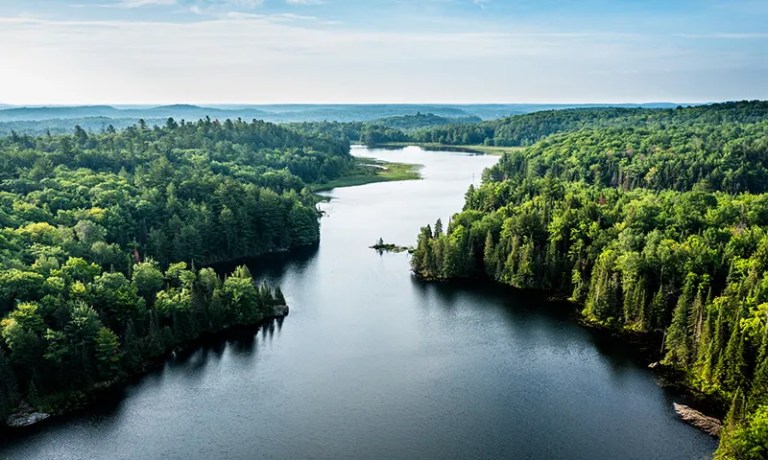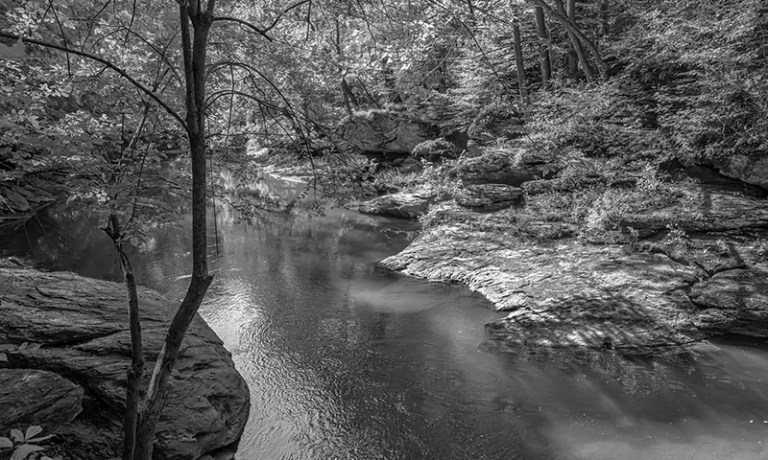The real cost of bottled water.
See how our bottleless water coolers compare.
Areas served
Offer a more sustainable solution for cleaner, better-tasting water on demand.
Fast, efficient, and reliable ice and water machines with advanced filtration.
Bottomless bubbles with built-in filtration for your modern workplace.
Better water makes better coffee. Give your people great-tasting coffee from best-in-class brewers.


Today, the City of Moore Public Utilities Service is in charge of regulating Moore water quality and distributing drinking water to the city’s 60,000 residents. This utility service employs a private water company called Veolia North American to manage the water testing and distribution in Moore.
Moore tap water is generally safe to drink. Water is mostly sourced from 34 wells that access the Central Oklahoma Aquifer. This aquifer has a known history of pollutants that include arsenic, chromium, uranium, and selenium in amounts that exceed EPA standards. The Moore water system is made up of 273 miles of water lines, 34 active water wells, a ground pump station, five water towers, and three water booster stations. Water maintenance employees who monitor Moore water quality must pass a series of tests and be licensed by the Oklahoma State Department of Health. To supplement its water supply, Moore also buys water from Oklahoma City.
Between 2013 and 2019, Moore tap water contained levels of arsenic that violated the Safe Water Drinking Act during four different testing periods. In May and October of 2019, the city had to notify residents that two of Moore’s wells had very high levels of arsenic. An outside investigator looking into arsenic levels and Moore water quality believes that instead of trying to resolve the issue, the city is just blending water with arsenic with clean water purchased from Oklahoma City.
Originally named Verbeck, Moore started out as a watering stop along the Santa Fe Railway. The city of Moore was incorporated in 1893 and stayed rural up through the 1960s. Urban and industrial development started in Moore in the 1960s.
As a result, the city needed to create a water system to support the growing population that was drawn to the area for jobs in manufacturing. Since, the city has frequently received criticism for Moore water quality falling below standards, and residents report having issues with their sewage systems and utility bills.
See how our bottleless water coolers compare.
Talk to an Moore Culligan Quench water expert to find the best water solution for your space.
Backed by 85 years of Culligan expertise, Culligan Quench has focused exclusively on providing businesses with the highest quality filtered water. This commitment to doing one thing well has made us the trusted water authority for over 75% of the Fortune 500. We offer the best bottleless water coolers, ice machines, sparkling water dispensers, and coffee brewers to fit any workplace. No matter your location, company size, or industry, we have a filtered water solution that is right for you
Play videoProudly providing businesses with clean, filtered drinking water in the greater Oklahoma City Metro Area.
| Mon: | 8 AM – 8PM |
| Tues: | 8 AM – 8PM |
| Wed: | 8 AM – 8PM |
| Thur: | 8 AM – 8PM |
| Fri: | 8 AM – 8PM |
| Sat: | Closed |
| Sun: | Closed |
Yes, the majority of public water systems in Oklahoma meet or exceed federal and state drinking‑water standards. For example, Oklahoma City Utilities Department reported zero drinking‑water violations in 2024.
That said, “meets standards” doesn’t mean zero contaminants. Some systems detect trace levels of substances like PFAS or naturally‑occurring arsenic, chromium, or uranium, particularly in certain aquifers.
If you’re on a private well, you should test your water regularly since these wells are not regulated by federal standards. If your business is located in Oklahoma, consider a clean water solution like a Culligan Quench filtered water solution for your guests and employees.
In Oklahoma, some of the most common water quality concerns include emerging contaminants like PFAS (“forever chemicals”) and naturally occurring elements in groundwater such as arsenic, chromium, selenium, or uranium, which in some wells can exceed drinking-water standards.
Many areas also have hard water, with high levels of calcium, magnesium, or sulfates, which isn’t usually a health risk but can cause limescale buildup, appliance wear, and changes in taste or odor. Additionally, older infrastructure or private wells can sometimes lead to distribution issues or localized contamination. Regular water testing, using certified filtration systems, and staying informed about local water reports can help ensure safe and clean drinking water for your business.
Over 120,000 companies, big and small, trust Culligan Quench for cleaner, safer, and great-tasting water.
"Water is great
"Culligan Quench is one of the easiest, quickest, smartest
Ready to upgrade
your water?Get matched with the best water, ice, sparkling water or coffee machine for your workplace.
Take our quiz